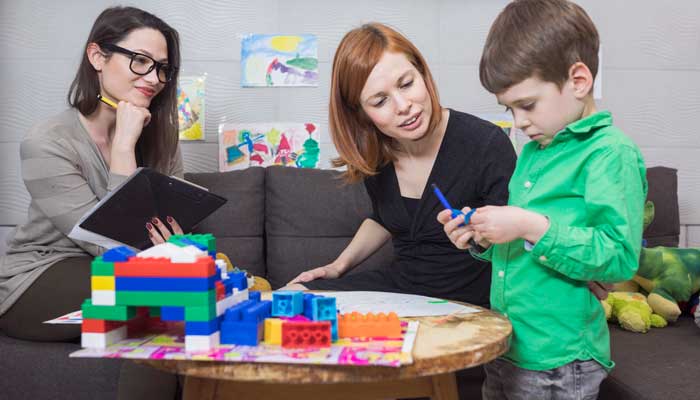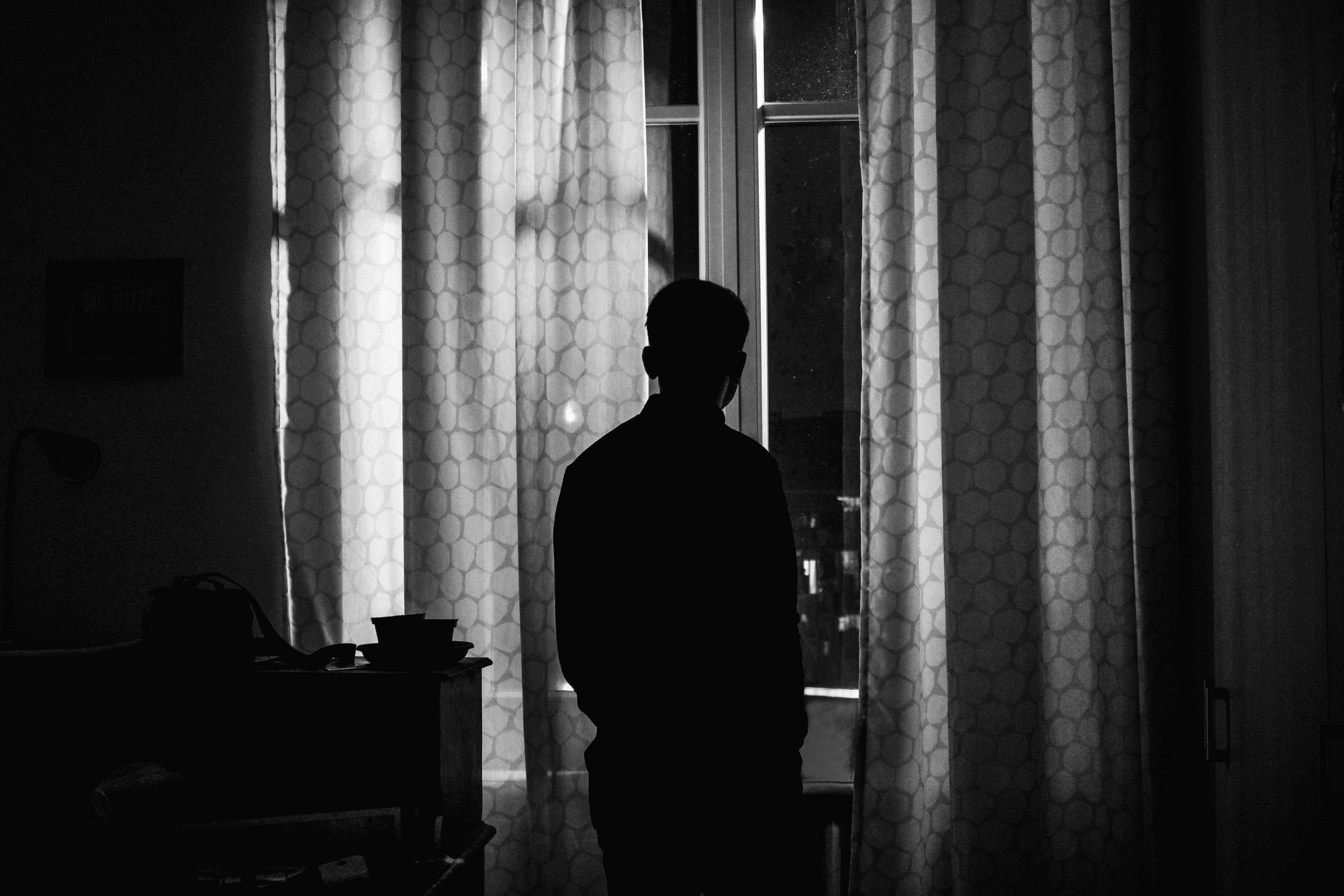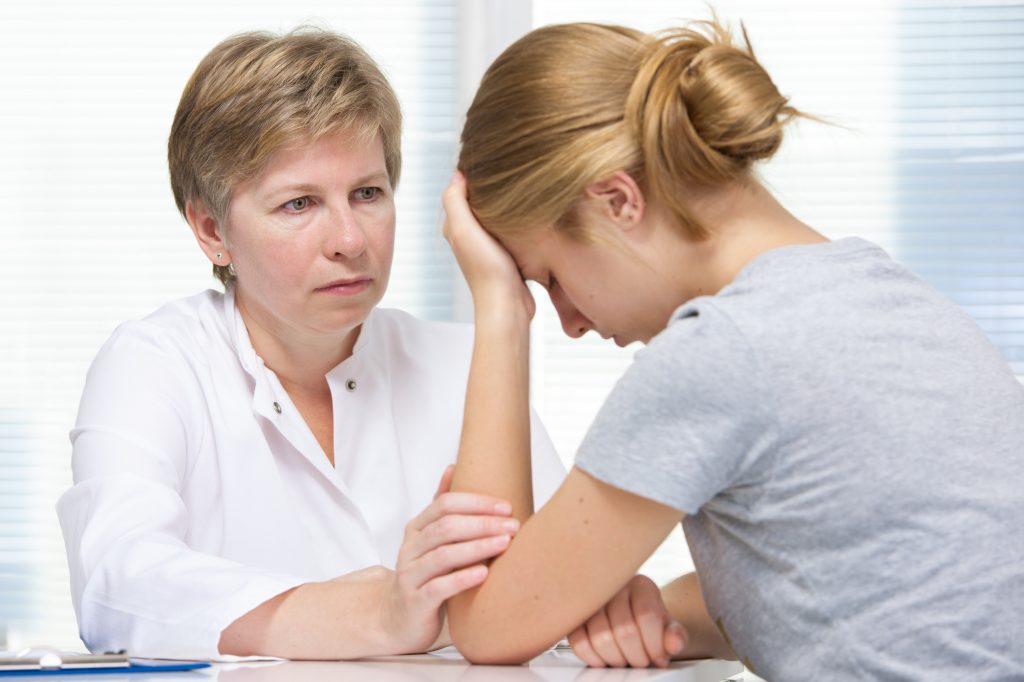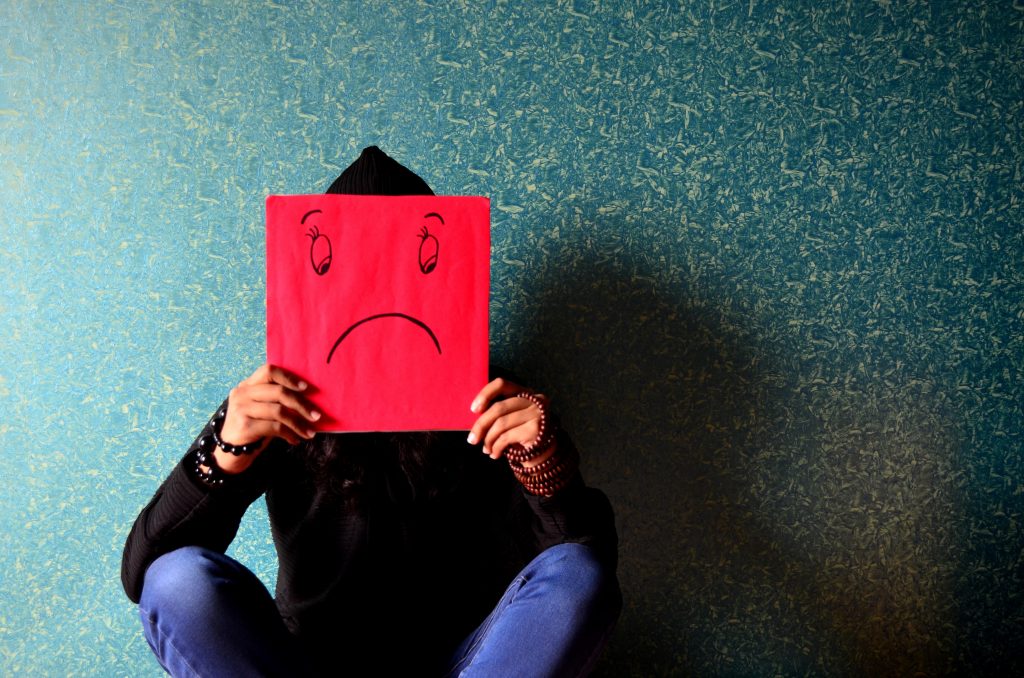
Nearly 1 in 5 children has an emotional or behavioral disorder.
Most parents have an instantaneous desire to protect their children. We tend to our children’s needs if an unexplained rash appears, we see the doctor. If a fever spikes, we see the doctor. If a bone seems injured, we see the doctor.
Visible wounds are relatively easy to recognize. It’s different when a child begins having problems at school or with friends, or if he or she becomes uncooperative and has inexplicable outbursts. Such occurrences often leave parents feeling confused and unsure about what to do.
Nearly one in five children is affected with an emotional or behavioral disorder. You may recognize that something is not right, but what it is or what to do remains a mystery. Further, nearly 5 million American children and adolescents suffer from a serious mental illness (one that significantly interferes with their day-to-day life).
Warning Signs and Parent Radar
A teacher, relative, or friend may tell you it’s “a stage,” but you feel that the “stage” has lasted too long, the behavior is too disruptive, or failing grades don’t improve no matter what you or the school tries.
The following warning signs may indicate a problem needing specialized attention, typically by working with a professionally licensed counselor. What you are looking for indicates that your child may be experiencing one or more of these symptoms. The symptoms are also atypical for his or her developmental stage and not related to a move, divorce, or other stressful event:
- Your child is having more difficulty at school.
- Your child is attempting to injure him/herself.
- Your child is avoiding friends and family.
- Your child is experiencing frequent mood swings.
- Your child is experiencing intense emotions such as angry outbursts or extreme fear.
- Your child is lacking energy, motivation, and the ability to concentrate.
- Your child is having difficulty sleeping, or is having a lot of nightmares.
- Your child has a lot of physical complaints.
- Your child is obsessed with his or her weight, shape, or appearance.
- Your child is eating significantly more or less than usual.
By listening to your “parent radar,” you can voice your concerns and begin the journey of finding and fighting for the help your child may need.
LPCs Can Guide You and Your Child
Few are better able to guide parents through the agonizing uncertainty and turmoil of a child with a mental health problem than licensed professional counselors (LPCs). When raising children, all of whom may have serious mental health or behavioral challenges such as bipolar disorder, ADHD, ADD, autism, anorexia, and depression, integrating advice and therapies with child psychologists will help tremendously. Being able to find the right therapist to navigate the clinical jargon and mental health system is equally as important.
Even once you have a diagnosis, it is critical to listen to your parent radar. For example, the mother of a 12-year-old diagnosed with an anxiety disorder, and a moderate developmental disability, will not necessarily have the ability to say what she really needs to. Until that communication happens, your child can help you with that part, but a parent must continue to trust your gut and be that voice in her struggle.
When to Seek Professional Help
Meeting with a trained professional doesn’t mean your child is crazy, nor does it mean you’re an incompetent parent. Sometimes, for one reason or another, kids just need a little extra support or a different type of discipline to perform at their best. Early intervention is often the key to successful treatment.
If you’re questioning whether your child may need help, don’t hesitate to seek treatment. If there are no serious problems, talking to a child behavior specialist may put your mind at ease. If problems are detected, a child behavior specialist can address the problem before it gets worse.
How a Professional Can Help
A child behavior expert can rule out any mental health issues that may be behind the behavior problems, such as attention deficit hyperactivity disorder (ADHD). If your child has ADHD, a professional can discuss treatment options and discipline strategies that are effective for ADHD.
At other times, depression can contribute to behavioral issues. For example, a depressed teenager is likely to be irritable and may refuse to get up in the morning for school or may want to spend the majority of his time in his room.
Anxiety disorders can also lead to behavior problems. An anxious tween may become argumentative or non-compliant if he’s worried about something. A complete evaluation will help rule out any mental health conditions and treating these underlying conditions may lead to great improvements in behavior.
A professional counselor will make recommendations. For example, a child who has been traumatized by a serious event may benefit from individual counseling. Or, a child who is struggling to adjust to a new blended family situation may benefit from individual or family therapy.
At other times, a licensed professional counselor and expert in their field may want to work with you without your child present. Providing support and training to parents can lead to the fastest results when it comes to many behavior problems.
Navigating the “Storm”
Should you find yourself and your child on the emotional roller coaster of a mental-health challenge, you will, as every professional counselor suggests, need help and hope. You must take care of yourself and stay strong for your child, and also know when to befriend others who have faced similar challenges so you don’t feel isolated and alone.
Foundations Counseling compassionately explains how to develop essential coping skills to support your child while also taking care of the rest of your family when dealing with these common challenges.
For more information about your child’s mental and behavioral challenges, or for an evaluation, please contact Foundations Counseling today.










